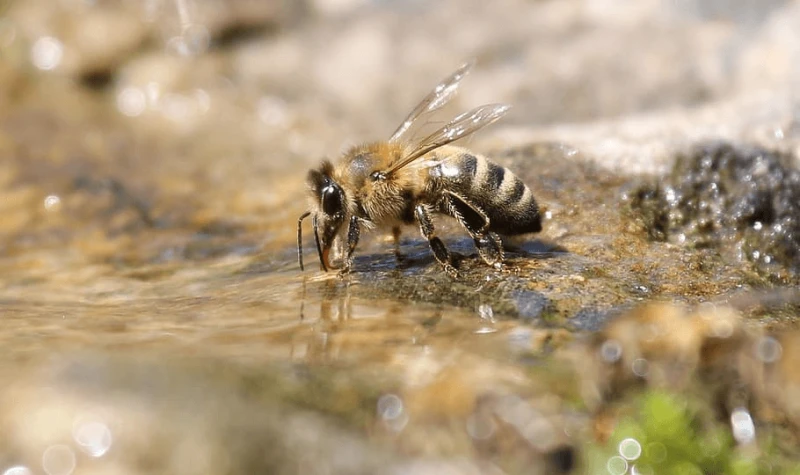Yes, more honeybees die now than 40 years ago
Yes, more honeybees die now than 40 years ago — but reasons why are not as clear-cut as politicians and activists claim


“Save the bees,” you will hear, at ice cream shops and farmers markets. A study touting the latest death rates will go viral, and pollinator protection bills will buzz out of state legislatures in response. This is also precisely where the quagmire is at its deepest, where the lines between truth, misconception, and misdirection blur.
The problem of bees in America is not a question of peace with the environment. It’s not really even a matter of conservation, per se. The bees most folks believe ought to be saved are neither natural to the land nor essential to it. They are, instead, integral to our agricultural system, grocery stores, refrigerators, and pantries.
In the mid-2000s Claire Kremen, a sustainability scientist who’d been working in Madagascar, cowrote a series of articles contending that, for the better part of a century, U.S. agriculture had been dependent on the honeybee and also killing it. The thinking essentially went that as the U.S. crept toward an over-reliance on mono-agriculture, it eroded native pollinator populations, forcing the country to rely more and more on a species (European honeybees) that is both invasive and increasingly unstable.
…
“The fallacy is we don’t have to grow crops that way. That’s the way we often do grow crops, but we don’t have to,” [said Kremen.]
This is an excerpt. Read the original post here

 | Videos | More... |

Video: Nuclear energy will destroy us? Global warming is an existential threat? Chemicals are massacring bees? Donate to the Green Industrial Complex!
 | Bees & Pollinators | More... |

GLP podcast: Science journalism is a mess. Here’s how to fix it

Mosquito massacre: Can we safely tackle malaria with a CRISPR gene drive?

Are we facing an ‘Insect Apocalypse’ caused by ‘intensive, industrial’ farming and agricultural chemicals? The media say yes; Science says ‘no’
 | Infographics | More... |

Infographic: Global regulatory and health research agencies on whether glyphosate causes cancer
 | GMO FAQs | More... |

Why is there controversy over GMO foods but not GMO drugs?

How are GMOs labeled around the world?

How does genetic engineering differ from conventional breeding?
 | GLP Profiles | More... |

Alex Jones: Right-wing conspiracy theorist stokes fear of GMOs, pesticides to sell ‘health supplements’




 Viewpoint — Fact checking MAHA mythmakers: How wellness influencers and RFK, Jr. undermine American science and health
Viewpoint — Fact checking MAHA mythmakers: How wellness influencers and RFK, Jr. undermine American science and health Viewpoint: Video — Big Solar is gobbling up productive agricultural land and hurting farmers yet providing little energy or sustainabilty gains
Viewpoint: Video — Big Solar is gobbling up productive agricultural land and hurting farmers yet providing little energy or sustainabilty gains Fighting deforestation with CO2: Biotechnology breakthrough creates sustainable palm oil alternative for cosmetics
Fighting deforestation with CO2: Biotechnology breakthrough creates sustainable palm oil alternative for cosmetics Trust issues: What happens when therapists use ChatGPT?
Trust issues: What happens when therapists use ChatGPT? California, Washington, Oregon forge immunization alliance to safeguard vaccine access against federal undermining
California, Washington, Oregon forge immunization alliance to safeguard vaccine access against federal undermining 30-year-old tomato line shows genetic resistance to devastating virus
30-year-old tomato line shows genetic resistance to devastating virus The free-range chicken dilemma: Better for birds, but with substantial costs
The free-range chicken dilemma: Better for birds, but with substantial costs ‘You have to treat the brain first’: Rethinking chronic pain with Sanjay Gupta
‘You have to treat the brain first’: Rethinking chronic pain with Sanjay Gupta
